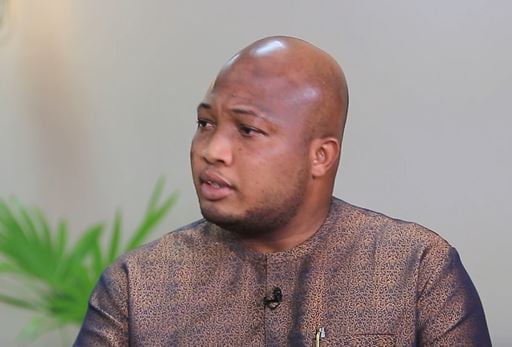The chaotic vetting session of January 30th, 2024, within Ghana’s Parliament, became a focal point of contention and an alleged display of disrespect towards the authority of the Appointments Committee Chairman. Samuel Okudzeto Ablakwa, the Minister of Foreign Affairs, provided a detailed account of the events to the investigative committee probing the disturbances, characterizing the behavior of the Minority Caucus MPs as openly hostile and disruptive, creating an environment that undermined the integrity of the parliamentary process. He emphasized the unwarranted hostility directed not only towards the Chairman but also towards himself and his accompanying visitors, highlighting the regrettable departure from the expected decorum and respect that should characterize parliamentary proceedings.
Ablakwa’s testimony elaborated on the extent of the disruption, painting a picture of a legislative process derailed by blatant acts of defiance. He underscored the embarrassment the chaos brought upon Parliament, arguing that such incidents damage the credibility of the institution and cast doubt on the integrity of the vetting exercise itself. He stressed the importance of Parliament as a space for orderly debate and mutual respect, contrasting this ideal with the observed reality of open defiance against established leadership. The Minister’s narrative presented a stark contrast between the principled operation of a democratic body and the disruptive actions that unfolded during the vetting session.
The Minister of Foreign Affairs expressed his concern that the disruption prevented the vetting from proceeding smoothly, thereby impeding the essential function of Parliament in scrutinizing appointments. This disruption, according to Ablakwa, not only undermines the authority of the Chairman but also compromises the very purpose of the vetting process. He stressed that such behavior undermines the integrity of the exercise, leaving questions about its fairness and effectiveness in evaluating the suitability of the appointees.
Ablakwa’s appeal to the investigative committee centered on the need to prevent similar occurrences in the future. He urged the committee to take decisive action to ensure that the disruptive conduct displayed during the vetting session is not repeated. He emphasized the need to reaffirm the principles of parliamentary democracy, including discipline and respect for established leadership. His plea highlighted the potential long-term consequences of allowing such behavior to go unchecked, underscoring the need for a clear message that such actions are unacceptable within the hallowed halls of Parliament.
The Minister’s testimony highlighted the gravity of undermining the authority of the Appointments Committee Chairman, arguing that it sets a dangerous precedent. He warned that if such behavior is tolerated, it could erode the foundations of parliamentary democracy and create a climate of disrespect that hinders the effective functioning of the legislature. He emphasized the importance of upholding the authority of the Chairman to maintain order and ensure that the vetting process can proceed in a fair and transparent manner.
In conclusion, Samuel Okudzeto Ablakwa’s testimony painted a concerning picture of the events that transpired during the vetting session. His account emphasized the disruption caused by the Minority MPs, their disrespect towards the Appointments Committee Chairman, and the potential long-term damage this behavior could inflict on the integrity and credibility of Parliament. He called for decisive action to prevent such incidents from recurring and to reaffirm the principles of parliamentary democracy, emphasizing the importance of respect, discipline, and the upholding of the Chairman’s authority for the effective functioning of the legislature. He reiterated the need for a thorough investigation and appropriate measures to ensure that Parliament remains a space where reasoned debate and respectful discourse can prevail, rather than a venue for disruptive behavior that undermines its essential role in the democratic process.














